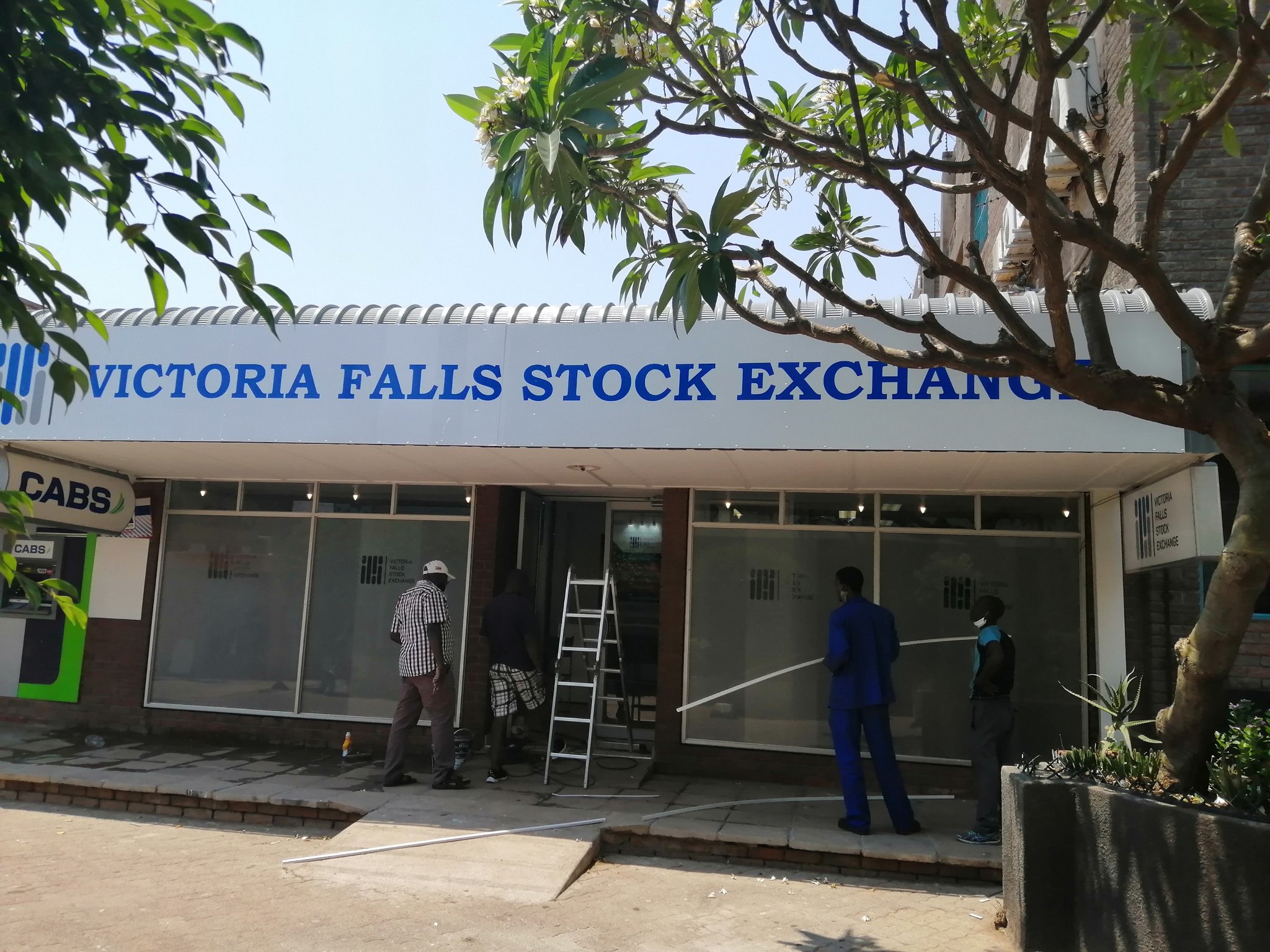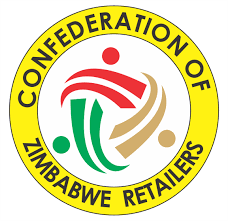CZR intensifies formalisation drive
The Confederation of Zimbabwe Retailers (CZR) has intensified the formalisation drive of the growing informal sector by drafting a policy document geared at promoting the formalisation of the retail and wholesale sectors, a move seen as crucial in fostering and enhancing the overall business environment in Zimbabwe.
The formalisation strategy seeks to tackle significant challenges ranging from high levels of informality, widespread tax evasion, unfair competition and limited access to finance.
Under the National Development Strategy 1 (NDS1), the blue-print that guides the country’s development between 2021 to 2025, unlocking the potential of SMEs is one of the critical steps towards fostering inclusive economic transformation.
SMEs have become dominant economic players in Zimbabwe but a majority of them still operate informally. It is for this reason that the Government has sought to prioritise the development of SMEs and facilitate their formalisation.
The formalisation drive also speaks to the broader ideals of building a prosperous and empowered upper-middle income society by 2030, with small businesses contributing to the growth of the economy through paying taxes and increasing export CZR president Mr Denford Mutashu said the sectors identified as “informal” are actually a product of indigenisation, hard work and the opening up of opportunities for Zimbabweans to start their own businesses.
Therefore, it is critical for the sector to be formalised noting that by operating outside the legal framework, it might result in a lack of accountability, reduced consumer protection and limited access to formal markets.
“By encouraging emerging retailers and wholesalers to register their businesses and comply with relevant regulations, the formalisation strategy seeks to bring them into the formal economy, creating a level playing field for all businesses,” he said.
According to the Finscope Survey of 2022, Zimbabwe has 3,4 million micro, small and medium enterprises (MSMEs) owned by 4,2 million entrepreneurs and employing 4,8 million people and contributing US$8,6 billion to the country’s gross domestic product (GDP).
Mr Mutashu said the majority of these MSMEs are from the emerging retail and wholesale sector.
“We believe that implementing this strategy will play a crucial role in fostering economic growth, creating employment opportunities and enhancing the overall business environment in Zimbabwe.
“By promoting formalisation, the strategy aims to foster sustainable business practices, attract investment and contribute to the overall development of Zimbabwe’s economy,” said Mr Mutashu.
Tax evasion is another pressing issue within the sector, depriving the government of much-needed revenue, he said.
“Most firms in the emerging businesses specially in the wholesale and retail sector evade taxes resulting in substantial losses for the government.
This tax evasion creates an unfair advantage for informal businesses as they evade tax burden that formal businesses bear.”
The formalisation strategy also seeks to address funding issues as some informal businesses in the wholesale and retail sector face challenges in accessing formal financial services such as loans, credit facilities and investment opportunities.
“Lack of formal documentation and track records make it difficult for these businesses to secure financing. Formalisation can improve access to finance by providing necessary documentation, enabling businesses to invest, expand and contribute to economic growth.”
The wholesale and retail sector contributes nearly 20 percent to Zimbabwe’s GDP, making it the biggest contributor to the country’s national output. Growth of the sector over the past few years has been under threat, with this year’s sectoral growth projected at 1,6 percent.
According to the strategy document, the starting point towards formalisation is mandatory membership to CZR.
“By joining CZR, informal businesses gain representation, advocacy and access to valuable resources and collaboration with formal retailers and industry experts, enhancing credibility and trust.” —chronicle











